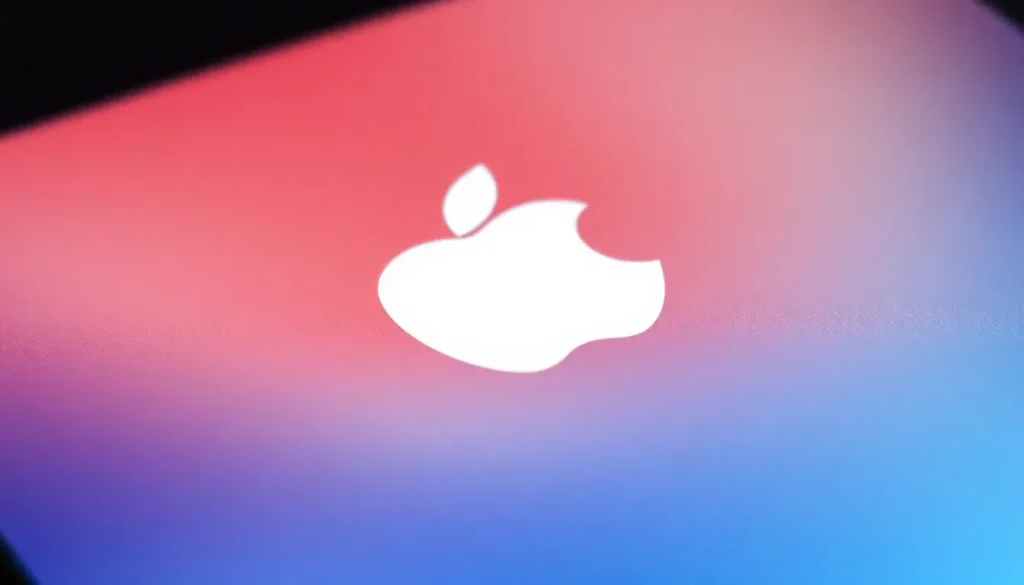Apple argues lawsuit over Siri delays is trivial nitpicking

In a landscape where technology companies frequently face scrutiny over product promises, Apple finds itself at the center of a legal storm regarding its Siri virtual assistant. A recent lawsuit raises critical questions about consumer expectations in the age of rapid technological advancement. Let’s delve deeper into the implications of this case and what it means for both Apple and its customers.
At the heart of this dispute is a lawsuit filed against Apple, claiming that the tech giant misled customers regarding the rollout of features associated with its Apple Intelligence platform, particularly related to Siri on the iPhone 16. The case, titled Landsheft v. Apple Inc., has garnered attention not only for its specifics but for the broader implications it holds for the technology sector.
Understanding the core dispute
Apple Intelligence was unveiled in June 2024, heralded as a transformative leap for the iPhone 16 with promises of over 20 new AI-driven features. The rollout began in October of the same year, introducing users to a variety of enhancements, including:
- New emoji tools
- Advanced image editing capabilities
- Smarter notifications
- Writing assistants
- Enhanced integration with ChatGPT
However, the controversy primarily revolves around two Siri upgrades: Personal Context Awareness and In-App Actions. These features, which were heavily marketed, faced delays, prompting the plaintiffs to argue that Apple misrepresented what users could expect from their purchases. They claim that the delays created unrealistic expectations and led to consumer disappointment.
Apple, on the other hand, contends that the majority of promised features were delivered on time and free of additional charges, framing the lawsuit as an overreaction to the late arrival of two specific upgrades. This legal battle is not just about the timing of feature releases, but rather about the nature of corporate promises and consumer trust in the tech industry.
Apple's defense strategy
In responding to the lawsuit, Apple’s legal team has focused on the principle of reliance. They argue that the plaintiffs cannot demonstrate that they directly relied on specific promises regarding the Siri features during their purchasing decisions. Instead, many references made by the plaintiffs stem from advertisements, press releases, or events like Apple's Worldwide Developers Conference.
To bolster its position, Apple references the 2020 Ninth Circuit decision in Sonner, which restricts plaintiffs from seeking equitable remedies like restitution when they have legal claims that can provide damages. Apple emphasizes that the plaintiffs' inclusion of fraud, contract, and warranty claims precludes them from pursuing additional consumer protection counts.
Furthermore, Apple identifies several flaws in the plaintiffs' claims:
- Implied warranty of merchantability is not applicable, as the phones operate as intended.
- Express warranty claims fail due to lack of notice.
- Negligent misrepresentation is blocked by the economic-loss rule.
- No specific broken promise is identified in the contract claim.
- Unjust enrichment claims are unnecessary given the existing contract and tort claims.
Why the case matters
This lawsuit extends beyond two delayed features; it underscores a persistent tension in the tech industry where companies often market devices with promises of future software enhancements. Such practices can blur the line between ordinary delays and potential consumer deception.
Apple Intelligence was intended to position Apple as a formidable competitor in the AI space, going head-to-head with other tech giants like Google and Microsoft. A legal dispute over missed deadlines calls into question the viability of such claims, potentially impacting consumer confidence.
Despite the legal challenges, Apple points to the successful rollout of numerous features that enriched the user experience, arguing that customers received substantial value even if a few enhancements were late. By the end of 2024, consumers enjoyed:
- Custom emojis
- Enhanced editing tools
- Improved Siri responses
These additions, Apple asserts, demonstrate that the company fulfilled its obligations to buyers, even in light of the delays.
What happens next in the legal proceedings?
As the court date approaches, Judge Noel Wise is set to hear arguments on January 7, 2026, in San Jose. The outcome of this hearing could have significant ramifications:
- If Apple wins, the case may be dismissed before reaching the discovery phase, shielding internal processes from public scrutiny.
- If the plaintiffs prevail, the case could extend for years, with Apple’s marketing practices facing intense examination.
The plaintiffs are seeking damages and potentially refunds, while Apple aims for an outright dismissal. The court's decision will determine whether the delayed Siri features warrant a trial for one of the world's wealthiest tech firms.
For those interested in deeper insights into this case, a relevant discussion can be found in this YouTube video that elaborates on the implications of the lawsuit and features expert commentary.
As the technology landscape continues to evolve, this legal battle will serve as a critical case study in consumer rights, corporate accountability, and the expectations set by tech giants. The outcome may not only affect Apple but also set a precedent for how technology companies communicate and deliver on their promises in the future.




Leave a Reply